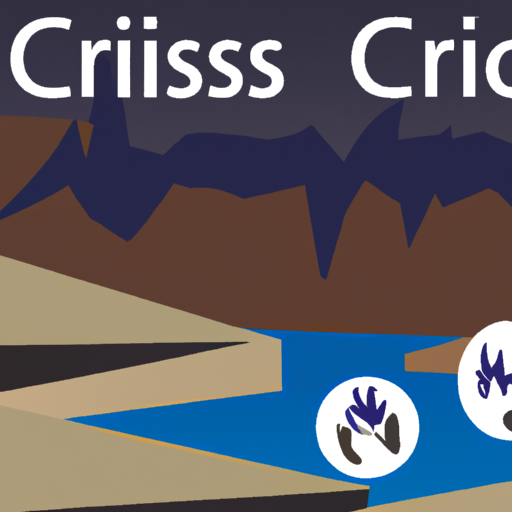The Canadian Opioid Crisis: A Deep Dive into the Muchalaht First Nation’s Experience
As the APTN News article notes, the Muchalaht First Nation in British Columbia is feeling the devastating impacts of the opioid crisis. This crisis, which has swept across Canada, disproportionately affects Indigenous communities. Here, we dive into the factors contributing to the crisis, its effects, and the efforts being made to combat it.

Understanding the Opioid Crisis
Canada has been facing an escalating opioid crisis in recent years. A growing number of individuals, especially within indigenous communities, are falling victim to opioid addiction and overdose—an issue that extends beyond health, impacting social and economic wellbeing.
Impact on the Muchalaht First Nation
The Muchalaht First Nation, like many other indigenous communities, has felt the sting of the opioid crisis. The community has seen an increased incidence of homelessness and crime. According to the chief, Mike Maquinna, the crisis has impacted every member of the community in some way.
The Effect of The Opioid Crisis on The Muchalaht First Nation
The opioid crisis has had several tangible effects on the Muchalaht First Nation community:
- An increase in homelessness: Opioid addiction often leaves individuals unable to maintain steady employment and housing, leading to an increase in homelessness.
- Rise in crime rates: In many cases, opioid addiction fosters criminal activity, with community members resorting to theft and other crimes to finance their addiction.
- Impact on health: The health consequences of opioid addiction can be deadly. Overdoses are common, and long-term opioid use can lead to severe health problems.
- Societal effects: Beyond the personal impact on individuals, the crisis affects the social fabric of the community, creating divisions and straining relationships.
Efforts to Combat the Crisis
Despite the devastating effects, there are ongoing efforts to mitigate the crisis. These include the Canadian opioid abatement class action and the distribution of naloxone—an overdose-reversing drug.
Canadian Opioid Abatement Class Action
The Muchalaht First Nation, along with other communities affected by the crisis, has launched a class-action lawsuit against opioid manufacturers. The aim is to hold these manufacturers accountable for their role in triggering and exacerbating the crisis. The class-action seeks compensation for the harms inflicted on these communities.
Distribution of Naloxone
Naloxone kits have been distributed within the community to help reverse opioid overdoses. These kits have saved many lives, although there’s an ongoing debate about whether they enable addiction by reducing the risk of overdose.
Conclusion
The Canadian opioid crisis is an ongoing struggle, particularly among indigenous communities like the Muchalaht First Nation. The crisis has triggered increases in homelessness and crime, as well as devastating health and societal effects. However, through measures such as the Canadian opioid abatement class action and the distribution of naloxone, there’s hope for abatement. As we continue to address this crisis, it’s crucial to focus not just on the symptoms, but on the root causes, ensuring access to treatment and support for those affected. Together, we can work towards a solution to this devastating crisis.
